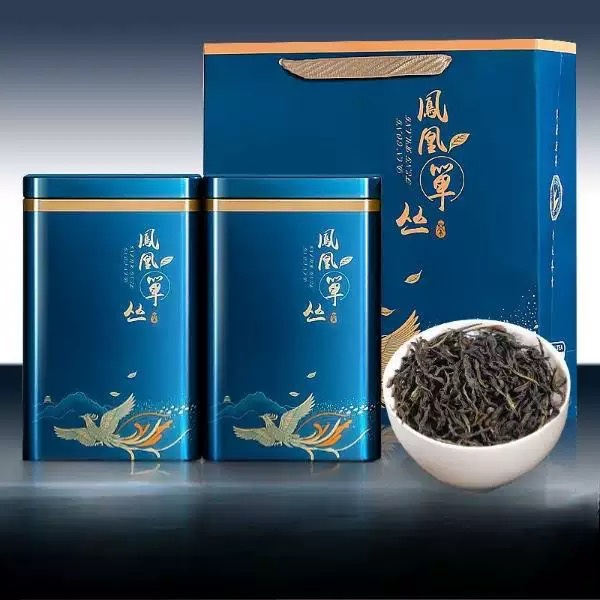
# Oolong Tea’s Impact on Metabolic Rate and Fat Oxidation
## Introduction
Oolong tea, a traditional Chinese tea that falls between green and black tea in oxidation levels, has gained significant attention in recent years for its potential health benefits. Among these benefits, its impact on metabolism and fat oxidation has become a particularly interesting area of research for scientists and health enthusiasts alike.
## Understanding Oolong Tea
Oolong tea is made from the leaves of the Camellia sinensis plant, the same plant used to produce green and black teas. What sets oolong apart is its unique processing method, which involves partial oxidation of the tea leaves. This process gives oolong tea its distinctive flavor profile and chemical composition.
The tea contains various bioactive compounds, including:
– Catechins (similar to those found in green tea)
– Theaflavins
– Thearubigins
– Caffeine
– Polyphenols
## Oolong Tea and Metabolic Rate
Several studies have investigated oolong tea’s effect on metabolic rate, with promising results. Research suggests that oolong tea may:
Keyword: Oolong Tea and Metabolism
### 1. Increase Energy Expenditure
A study published in the Journal of Medical Investigation found that consuming oolong tea increased energy expenditure by approximately 10% compared to water. This effect was attributed to both the caffeine content and the unique polyphenols present in oolong tea.
### 2. Enhance Fat Oxidation
The same study reported that fat oxidation (the breakdown of fat for energy) was significantly higher after oolong tea consumption compared to water or even green tea. Participants burned up to 12% more fat when consuming oolong tea.
### 3. Prolong the Metabolic Boost
Interestingly, the metabolic effects of oolong tea appear to last longer than those of green tea. While both teas contain caffeine and catechins, the partially oxidized compounds in oolong may have a more sustained impact on metabolism.
## Mechanisms Behind the Metabolic Effects
Researchers have proposed several mechanisms to explain oolong tea’s metabolic benefits:
### 1. Caffeine Content
Like other teas, oolong contains caffeine, which is known to stimulate the central nervous system and increase metabolic rate. However, the caffeine content in oolong is typically lower than in coffee, making it a gentler stimulant.
### 2. Polyphenol Activity
The unique polyphenols in oolong tea may:
– Activate enzymes involved in fat breakdown
– Enhance norepinephrine activity (a hormone that promotes fat burning)
– Improve insulin sensitivity
### 3. Gut Microbiome Interaction
Emerging research suggests that oolong tea polyphenols may positively influence gut bacteria, which in turn could affect metabolism and energy extraction from food.
## Practical Implications for Weight Management
While oolong tea isn’t a magic weight loss solution, incorporating it into a healthy lifestyle may offer metabolic advantages:
– Drinking 2-3 cups of oolong tea daily may provide metabolic benefits
– Consuming oolong tea before exercise might enhance fat burning during physical activity
– Replacing sugary beverages with oolong tea can reduce calorie intake while boosting metabolism
## Potential Considerations
While generally safe for most people, there are a few things to keep in mind:
– The caffeine content may affect sensitive individuals
– Excessive consumption could lead to sleep disturbances in some people
– Those with certain medical conditions should consult a healthcare provider before making significant changes to tea consumption
## Conclusion
Oolong tea presents an intriguing natural option for those looking to support their metabolic health. Its unique combination of compounds appears to offer benefits for both metabolic rate and fat oxidation that may surpass those of green tea. While more research is needed to fully understand all the mechanisms at work, current evidence suggests that incorporating oolong tea into a balanced diet and active lifestyle could be a simple yet effective strategy for metabolic support.